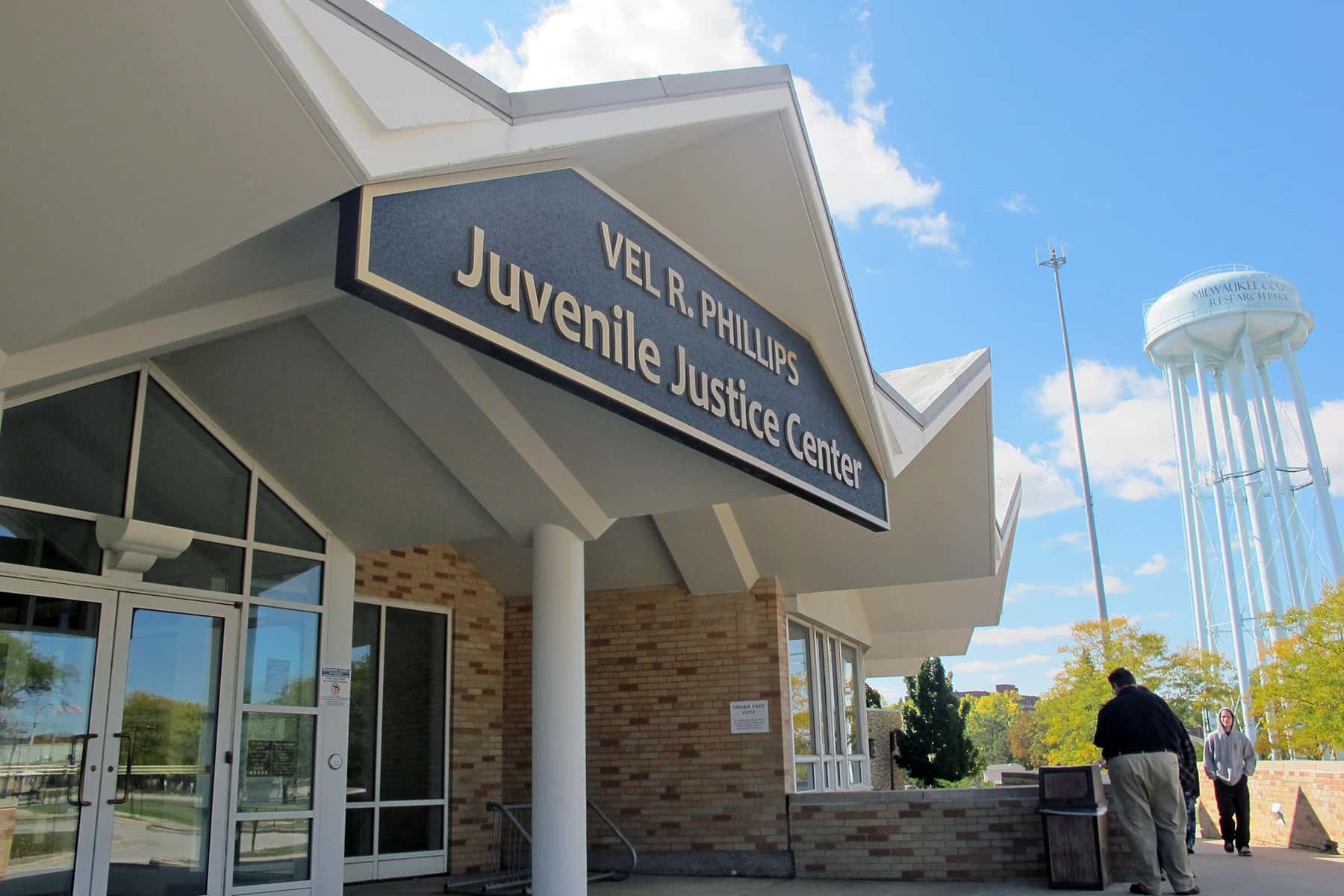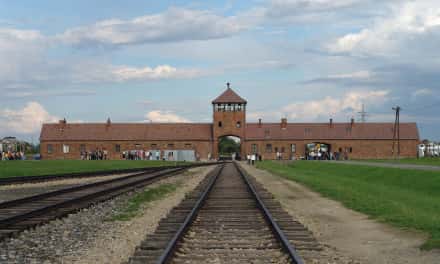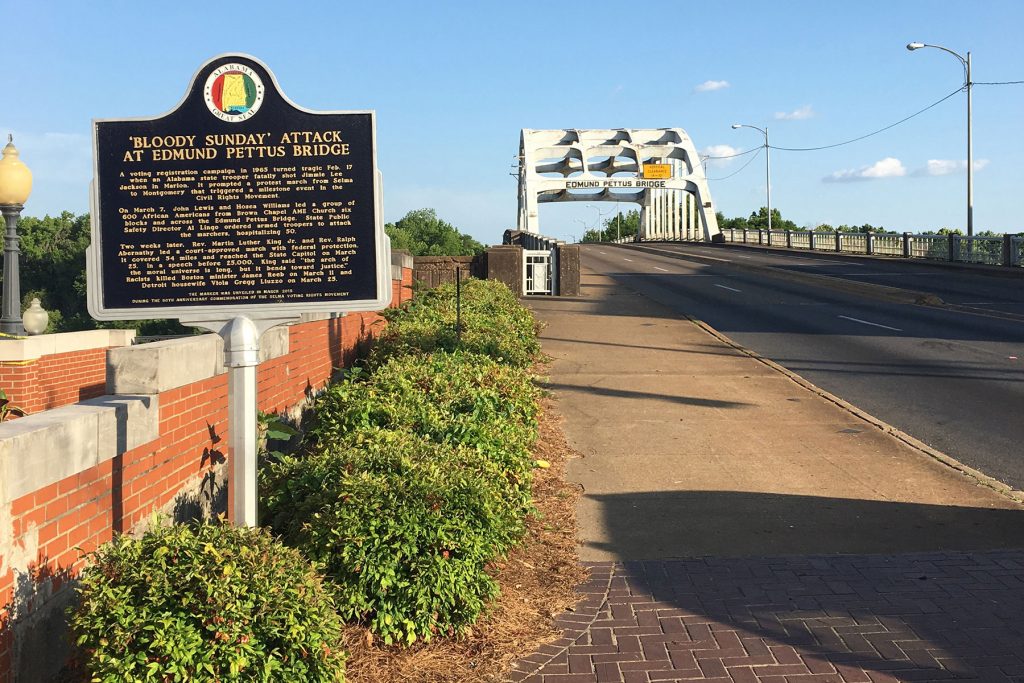
Milwaukee County Executive Chris Abele announced the submission of a proposal to create a youth justice system that provides a continuum of care and responds to the input and needs of the community on July 1.
The proposal includes both the development of community-based sites, and the front-end diversion and aftercare transition supports necessary to prevent recidivism. By putting the needed investment in the programming and staffing of this model, this proposal ensures youth can be transferred from Lincoln Hills and Copper Lake into Milwaukee County facilities by July 1, 2021.
“In Milwaukee County, our focus on restorative justice has been put in practice and proven effective,” said County Executive Abele. “This plan builds on the work we have done to provide a youth justice system that is safe, secure, effective and sustainable. I am confident that this is the transformation we need to support our young residents and our entire community.”
Milwaukee County will use funding to support a total of 54 beds through the renovation and expansion of existing facilities, programs and partnerships. This includes:
- Remodeling two pods with 22 beds in the exiting Vel R. Phillips Youth Detention Center to serve as Assessment and Crisis units
- Collaborating with current community partners and facilities to remodel two or more existing buildings to provide 8 beds for girls and 24 for boys
- Creating a continuum of care that focuses on best practices in service provision that is both preventative and transformative to reduce recidivism
The estimated budget request for renovation and converting existing buildings is $41.8 million. This number is based on the percentage of Milwaukee County youth who are currently placed at Lincoln Hills and Copper Lake. Additional dollars will be needed to support the continuum of care, which will include expanded programming that validates and values each youth’s culture, race and ethnicity. Milwaukee County will work in partnership with the Department of Corrections (DOC) and Juvenile Corrections Committee to finalize cost estimates of this proposal.
Rather than traditional prison structures, the proposed approach is based on an evidence-based model that focuses on treatment and re-engagement. The modernized Vel R. Phillips Youth Detention Center and new community-based sites will include space to support: educational and vocational training; programming and recreation; family and community visitors; medical care; and room for advanced security and safety technology.
“Wisconsin’s juvenile correctional facilities predominantly house black and brown youth, who are currently placed hours away from their homes and communities. Our young people deserve more than an investment in bricks and mortar; they deserve to be engaged in restorative justice practices that have displayed proven outcomes,” said Mary Jo Meyers, Milwaukee County Director of Health and Human Services. “By capitalizing on existing facilities and resources, we will be able to provide the critical prevention and programming needed for our young people of color to have successful futures while also making our communities safer.”
Research shows that a sustainable continuum of care promotes accountability, protects the community, reduces recidivism, and returns youth to the community with the skills needed to become successful and productive citizens.
In alignment with the Wisconsin Model of Juvenile Justice, Milwaukee County will invest in building a system that is proven safe, effective and responsive to the needs of youth, families and the community. Programming and services will include medical care, food service, mental health support, recreation and activities, and transportation. Youth Development Specialists (YDS) within the treatment facilities will have a 1 to 5 ratio for boys and 1 to 3 ratio for girls. Staffing projections are built on lessons learned through the implementation of the Bakari Center, which opened in January 2019. The Bakari Center is a 24-bed residential care center which uses an evidence-based model of care known as the “integrated treatment model” to reduce youth recidivism.
Since 2011, Milwaukee County has worked to reform the youth justice system to look beyond detention facilities as a place, and instead provides a comprehensive continuum of services for youth and families. The SRCCCY proposal builds on the County’s approach to the youth justice system to promote racial and economic equity, build long-term community safety and ensure residents have the skills necessary to thrive.
The State of Wisconsin recently passed Act 185, which requires the Lincoln Hills School for Boys and Copper Lake School for Girls to close by 2021, and provides the funding for new SRCCCY facilities. Milwaukee County’s proposal is supported by Chief Judge Maxine White, Judge Joseph Donald, Judge Mary Triggiano and Milwaukee County Supervisors Supreme Moore Omokunde, Felicia Martin and Sequana Taylor. The proposal was developed with expert and community input to align with national best practices; and to ensure Milwaukee County’s juvenile justice system effectively meets the needs of impacted youth and their families, and makes our communities safer.
County Executive Chris Abele, with the support of County Supervisor Marcelia Nicholson, County Supervisor Supreme Moore Omokunde and County Supervisor Deanna Alexander, signed a resolution declaring racism a public health crisis in May 2019. This proposal builds on the County’s efforts to ensure racial equity is addressed and all of our residents have access to a community in which they can thrive.
© Photo
Edgar Mendez














